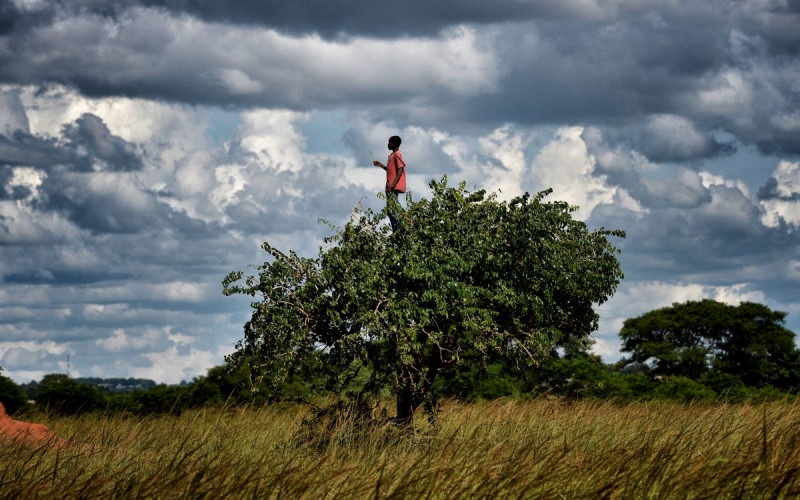Summary:
- Active non-alignment for sovereignty: The complexity of global geopolitics calls for active non-alignment as a strategic approach. By steering clear of external conflicts, African nations can assert sovereignty and independence and chart their unique path.
- Prioritising self-reliance: Amidst shifting energy dynamics, prioritising self-reliance is paramount. South Africa’s pursuit of domestic energy sources, investment in renewables and energy efficiency bolsters its resilience against external disruptions.
- Diverse Partnerships for Security: The evolving landscape demands diverse energy and geopolitical partnerships. South Africa’s engagement should encompass a broad spectrum of countries, regions and organisations to ensure security, resource access and expertise.
- Continuous adaptation: As energy and geopolitics evolve, adaptability is key. Regular assessments and proactive responses enable South Africa to navigate complexities and align strategies with dynamic circumstances.
- Strategic Actions for Resilience: Viewing the geopolitical-energy nexus as a complex adaptive system offers South Africa insights into framing a stable domestic energy-economy in the global context. Strategic actions capitalise on emerging multipolar benefits.
- Clear pathways for action: This report outlines specific recommendations to navigate the complex landscape which include diversification of critical mineral supply chains, fostering domestic and regional production and innovation, forging equitable international cooperation, embracing active non-alignment and self-reliance, cultivating diverse partnerships, prioritising symmetric engagements, promoting peaceful resolutions and regional Cooperation, deepening BRICS+ cooperation and trade, navigating EU relations strategically, enhancing US-South Africa diplomacy, and leveraging digital and green synergies.
This special report is part of our series on Geopolitical Energy Futures. Explore other publications in the series:
Special Report 1:
Special Report 3:
Special Report 4:
Systemic Innovations for South Africa’s Energy Futures: Draft Strategic Framework
Overview of the Series:
Geopolitical Energy Futures in South Africa: Strategic Policy Pathways to 2035







